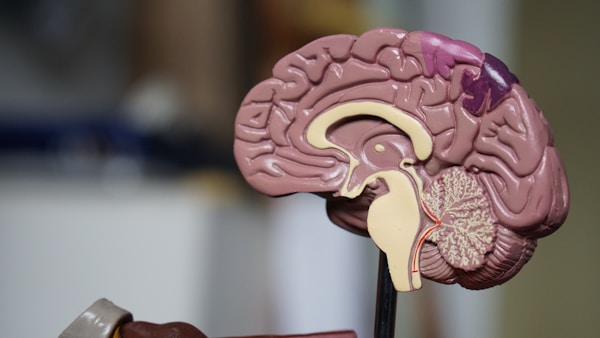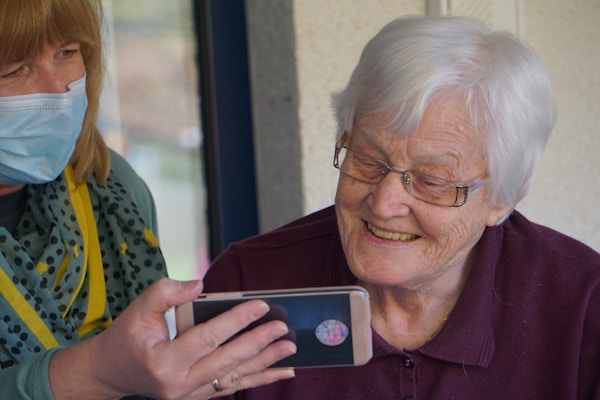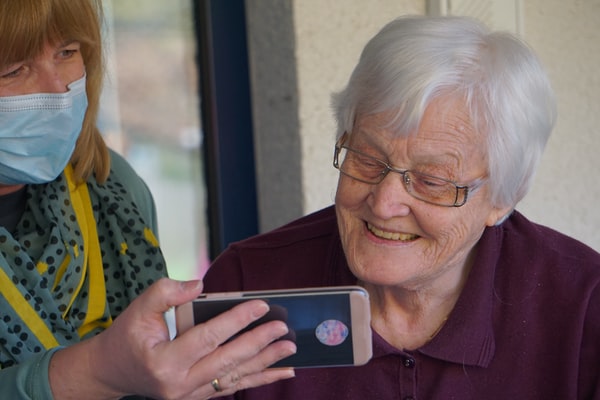Alzheimer’s disease is the most common form of dementia, a general term for memory loss and other cognitive impairments that seriously interfere with daily life. It affects millions of Americans, most of whom are age 65 and older. The disease usually starts slowly and worsens over time, affecting a person’s ability to think, remember, and communicate. As Alzheimer’s disease progresses, the person may become increasingly confused, disoriented, and inactive. Eventually, the person may need total care. Being able to identify early warning signs of Alzheimer’s can help them get diagnosed early and receive treatment. Read on to learn more about how to recognize the signs and symptoms of early-stage Alzheimer’s disease.
What are the signs and symptoms of early-stage Alzheimer’s disease?

The signs and symptoms of Alzheimer’s disease in the earlier stages include difficulty remembering recent events, forgetting important dates or appointments, mixing up words, and mood changes such as depression or anxiety. As the disease progresses, individuals may have difficulty completing familiar tasks such as cooking or paying bills and may need help with personal care activities such as bathing and dressing. They may also become lost easily or confused about their surroundings. As they progress through the stages of Alzheimer’s disease, these symptoms will worsen and they will require more comprehensive care.
Early diagnosis is essential for Alzheimer’s patients because it allows for early treatment and intervention, which can improve the patient’s quality of life. There is no cure for Alzheimer’s disease. However, treatment can improve their quality of life by delaying the progression of the disease for months or even years. Treatment includes medications such as cholinesterase inhibitors and memantine, as well as supportive therapies such as physical therapy and occupational therapy.
If you or someone you know is experiencing any of the symptoms of Alzheimer’s disease, it is critical to see a doctor for a diagnosis. There are many resources available online and through Alzheimer’s organizations that can provide information and support for those living with the disease.
How can you help a loved one who has been diagnosed with Alzheimer’s?

Home modifications can be extremely beneficial for patients with Alzheimer’s disease. They can help to make the home more accessible and safe for the patient, as well as provide a sense of familiarity and comfort. Some common home modifications for patients with Alzheimer’s disease include installing grab bars in the bathroom, adding nonslip surfaces in the shower and bathtub, and installing a wheelchair ramp or stair lift. Other modifications that can be useful include increasing the amount of natural light in the home, removing unnecessary clutter, and establishing a specific location for items such as keys, purses, and wallets.
Additionally, you should help a loved one with Alzheimer’s disease socialize as much as possible. This can improve their quality of life and also delay the onset of more serious symptoms. One way to do this is to encourage them to participate in activities that they enjoy. This can allow them to feel more engaged and connected to their community. If they enjoy spending time with friends, try arranging get-togethers or outings. If they enjoy reading, arts and crafts, or other hobbies, try to find activities that cater to those interests.
As you can see, being able to recognize the signs and symptoms of the disease is necessary for both individuals with Alzheimer’s and their loved ones, as early diagnosis and treatment can make a significant difference in the quality of life for the person with Alzheimer’s. Still, early-stage Alzheimer’s can also be a difficult time for families and caregivers, as they come to terms with the diagnosis and learn how to cope with the changes that come with the disease. The good news is that there’s a lot you can do to assist anyone in your life who has received an Alzheimer’s diagnosis. For example, providing home modifications and social support is incredibly valuable for Alzheimer’s patients and their families.
For More Update – TheInspireSpy












